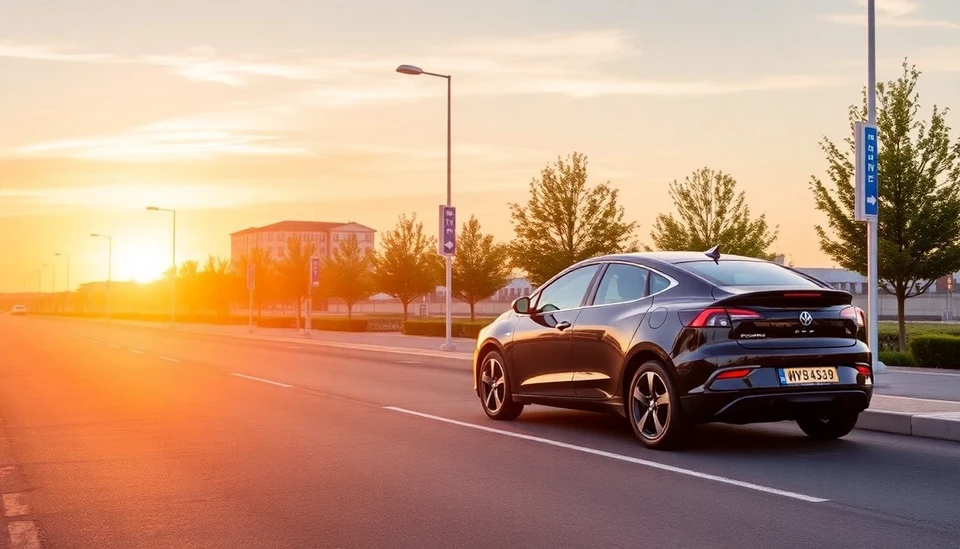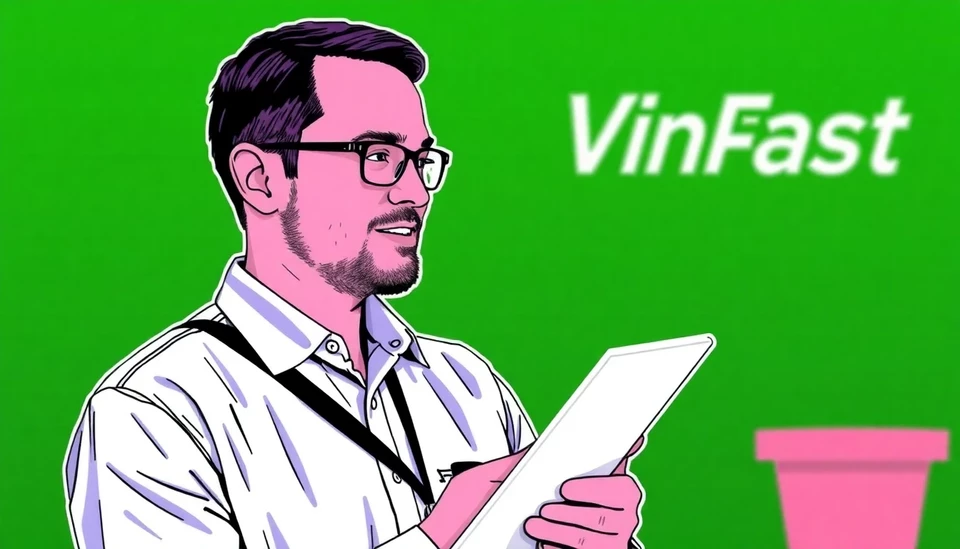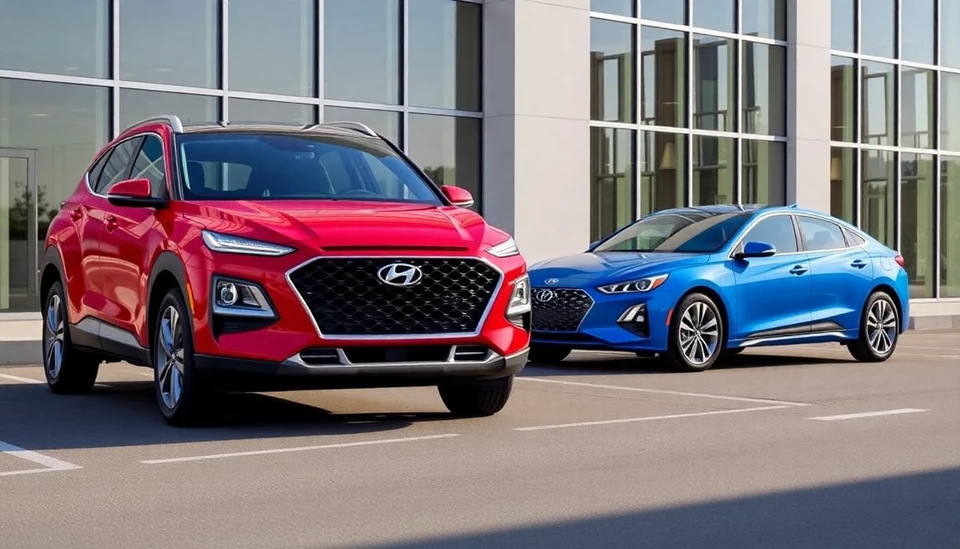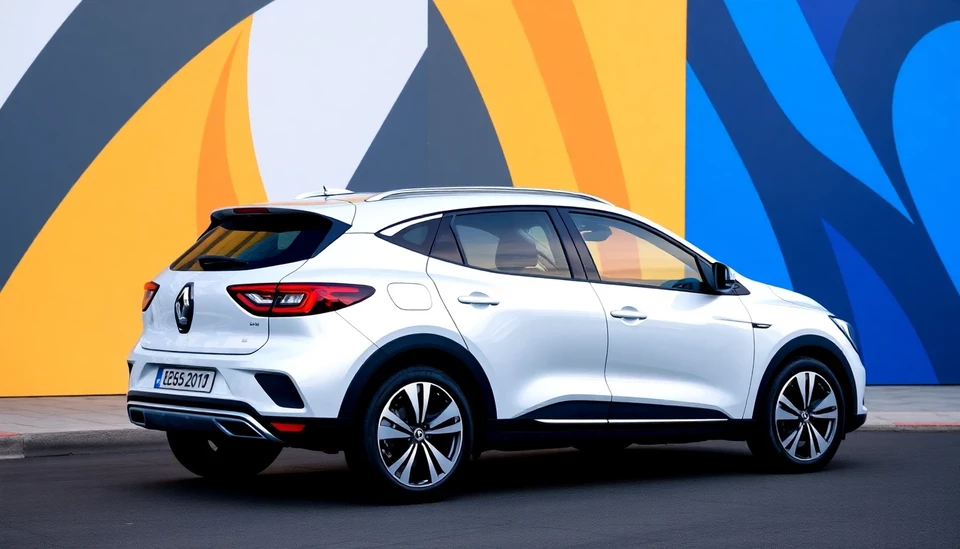
In a remarkable turnaround for the automotive market, European sales of electric vehicles (EVs) have skyrocketed by 37% in the past year, fueled by a growing appetite among consumers for greener technologies and a surge in models introduced by major car manufacturers. This rising demand signifies a pivotal shift in the auto industry, even as some carmakers lobby for more lenient carbon dioxide (CO2) emission regulations.
The data reveals that electric vehicle sales accounted for an impressive share of the market, with a substantial increase in a variety of models ranging from budget-friendly options to luxury clusters. Consumers are increasingly aware of the environmental impacts of their choices, and many manufacturers are responding to this shift with a broader portfolio of electrified options.
Despite this optimistic trend in sales figures, several European automakers are expressing concerns over the current regulatory environment. They argue that the stringent CO2 regulations imposed by European authorities could stifle innovation and manufacturing capacity, especially as companies strive to meet ambitious sustainability targets without compromising on profit margins.
Industry insiders suggest that while the growing EV market is encouraging, easing some of these regulations could allow manufacturers to allocate more resources towards the development of new technologies. This could ultimately lead to improved electric vehicle performance and further reductions in the overall carbon footprint of the automotive sector.
The debate over CO2 regulations has intensified as manufacturers face mounting pressure to achieve specific emissions targets set by the European Union (EU). These targets are designed to support the region's climate goals, but the automotive industry warns that strict compliance could hinder their ability to remain competitive in a rapidly evolving market.
As carmakers navigate this complex landscape, they are also witnessing a transformation in consumer behavior. Buyers are increasingly opting for electric and hybrid vehicles, drawn by both environmental considerations and attractive government incentives designed to promote cleaner forms of transportation. Many governments across Europe have unveiled substantial subsidy programs, tax breaks, and infrastructure investments aimed at bolstering the EV market, further propelling sales.
In conclusion, while the growth of electric vehicle sales in Europe paints a positive picture for the future of sustainable transport, the tension between manufacturers and regulators over CO2 emissions underscores the industry's challenges. The call for a more flexible regulatory environment continues, setting the stage for what might be a critical dialogue on the balance between environmental responsibility and economic viability in the ever-evolving automotive landscape.
#ElectricVehicles #EVSales #Sustainability #EnvironmentalImpact #Europe #AutomotiveIndustry #CO2Regulations #GreenTechnology
Author: John Harris




